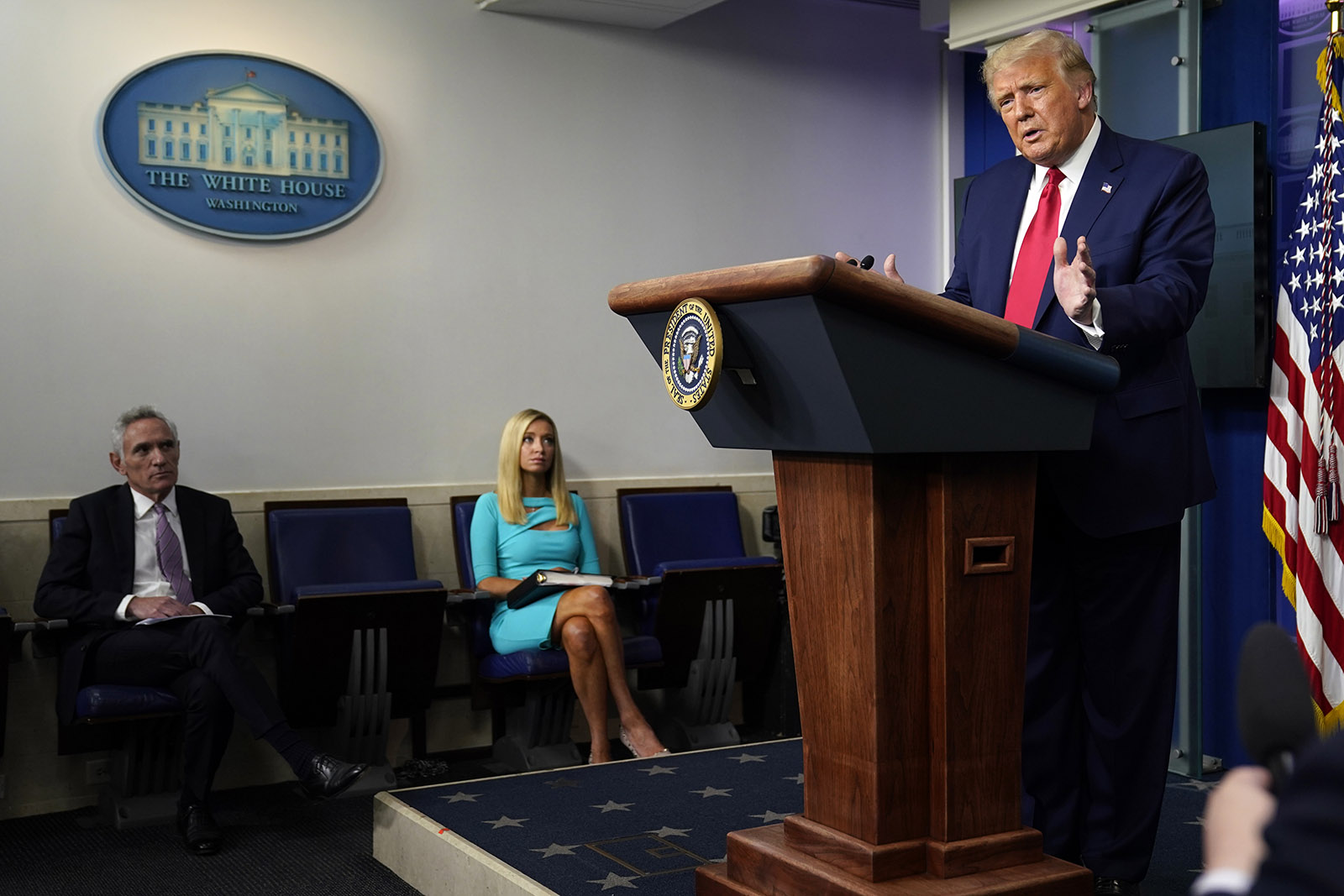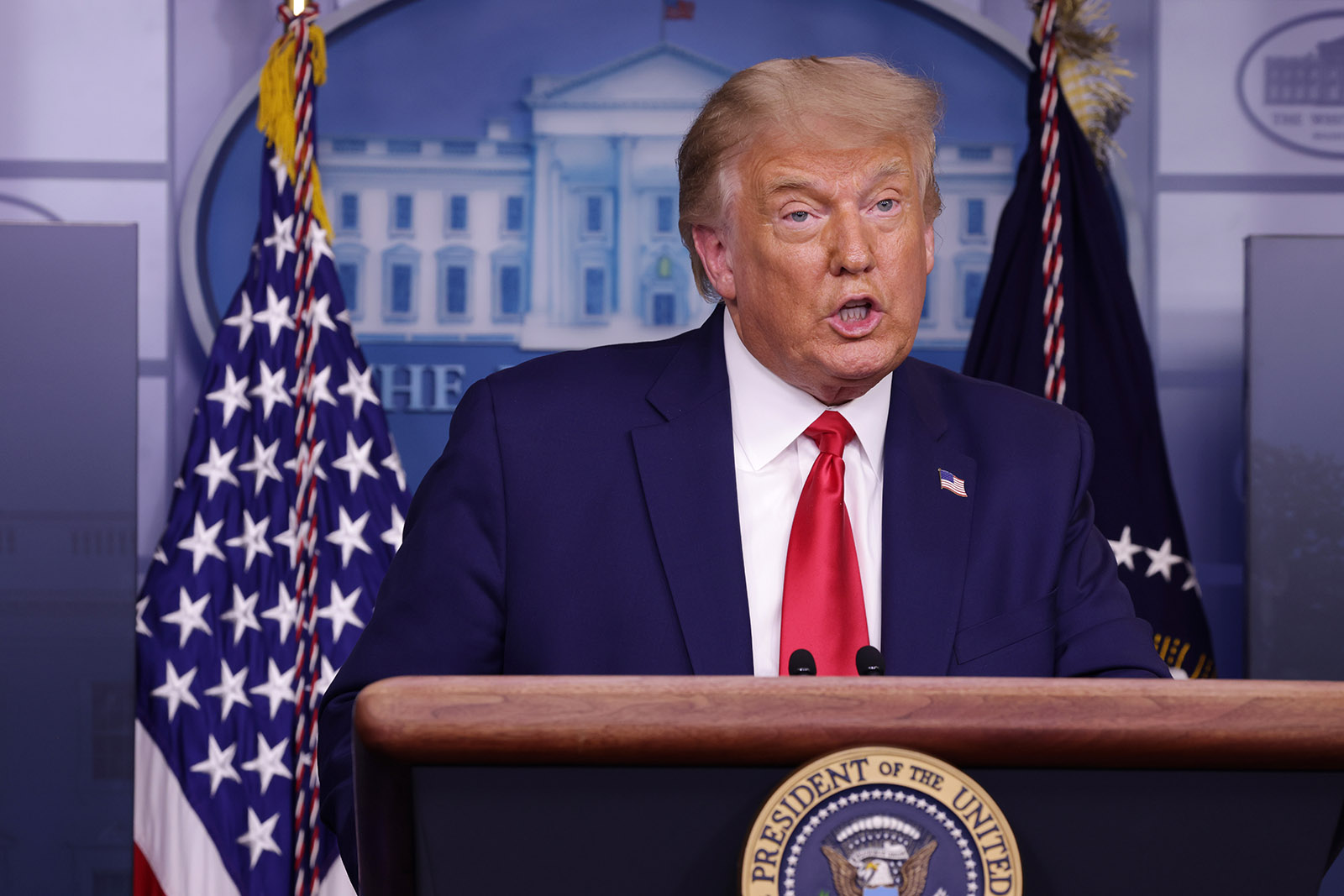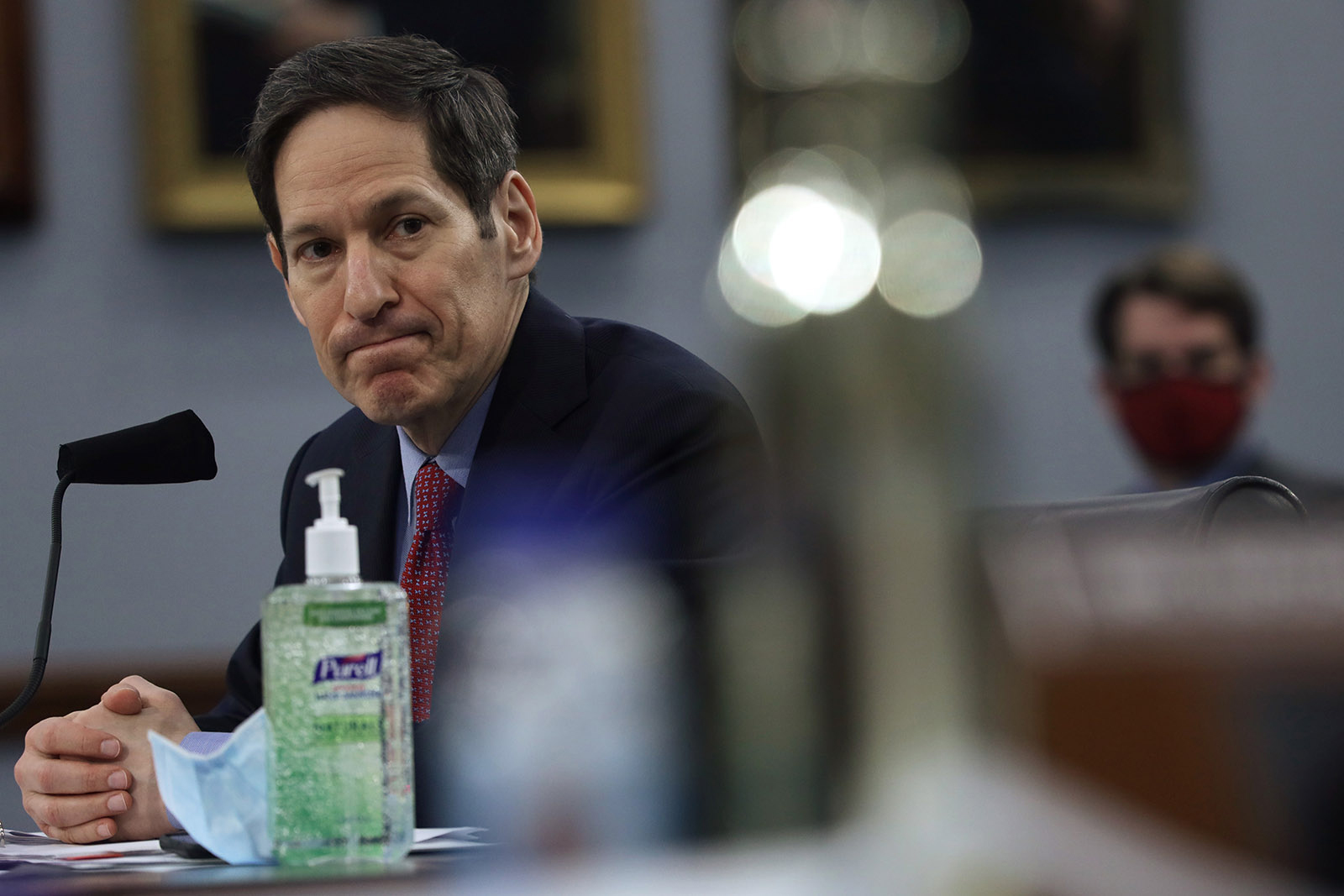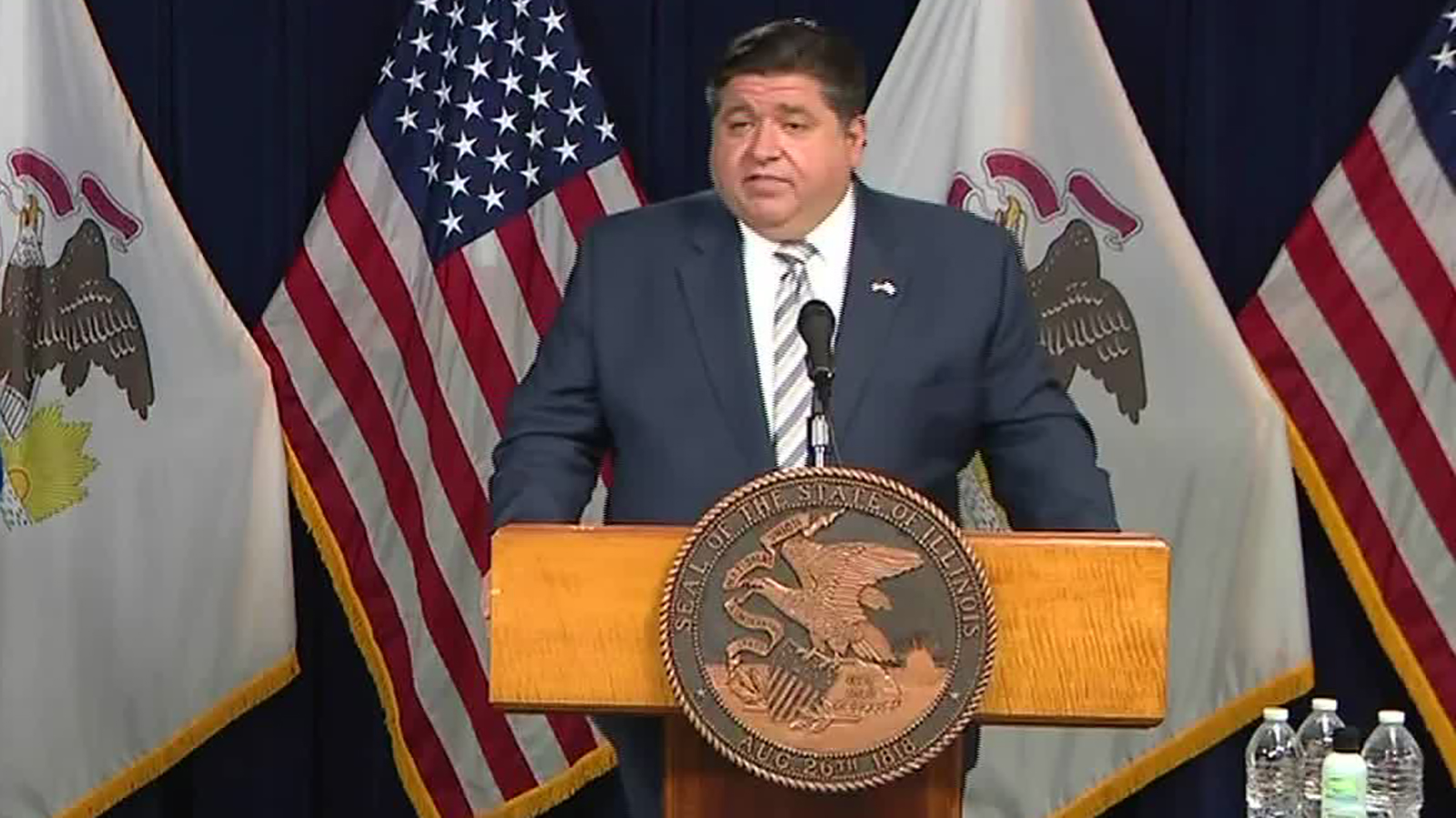
President Trump confirmed an earlier report that a White House staff member has tested positive for coronavirus.
“I heard about it this morning at a very small level yes. I heard about it this morning,” Trump said at a White House press briefing on Wednesday. “Last night I heard about it for the first time and it’s a small number of cases, maybe it’s not even cases,” he added, contradicting himself on when he was first made aware of the positive case.
Press secretary Kayleigh McEnany later said that it was just one person who tested positive.
“It did not effect the event and press was not around the individual,” McEnany said, apparently referring to the President’s town hall event last night in Philadelphia.
“And it’s not anybody that’s near me,” Trump added. “It was one person, not a person that I was associated with.”
Trump did not answer when asked if it was at the event in Philadelphia.
The information stems from today's foreign print pool reporter, Raquel Krähenbühl, who wrote on Twitter earlier today that she was told the press pool was tested late today because: "It was a very busy morning. We had a couple of positives today."
It's unclear who told this to the foreign print pool reporter and the information has not been included in any pool reports seen by CNN. The White House declined to comment to CNN.
Earlier White House chief of staff Mark Meadows told reporters, "I don't comment on any health-related issues as it relates to the White House ever."
The suspected positive coronavirus case inside the White House come a day after visits from Trump allies and foreign delegations from Israel, the United Arab Emirates and Bahrain for the signing of peace agreements.
WATCH:











